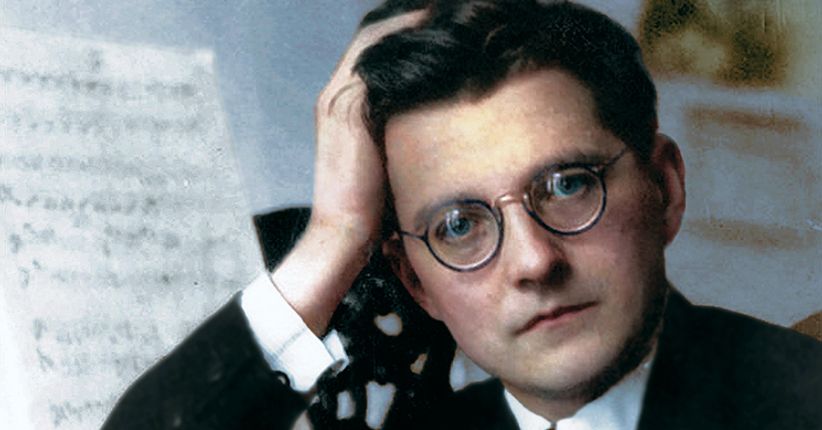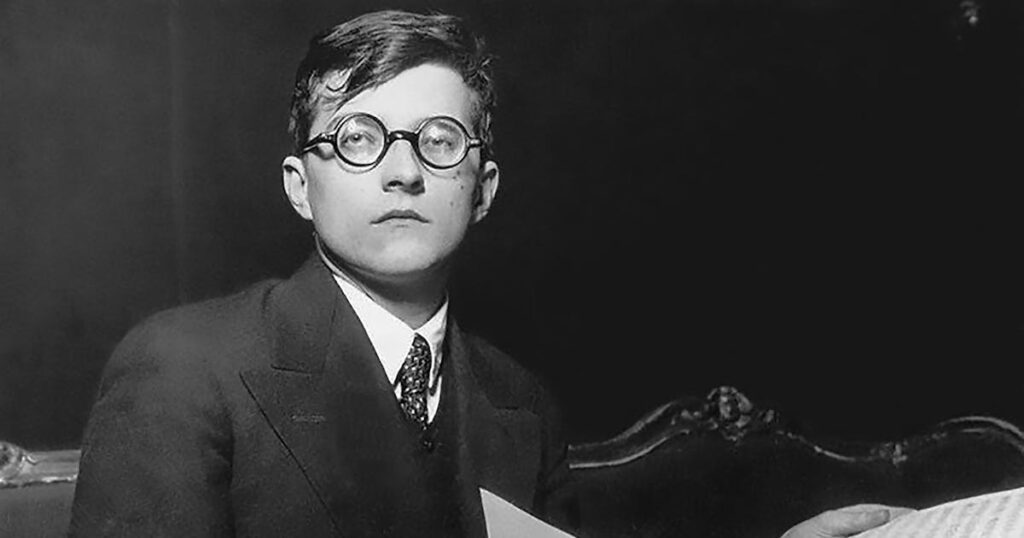Dmitri Shostakovich, the renowned Soviet composer, left an indelible mark on the world of classical music. Known for his distinct style and ability to convey emotions, Shostakovich’s compositions continue to captivate audiences today. Here are seven fun facts about this iconic composer:
- Musical Prodigy: Shostakovich displayed exceptional musical talent from a young age. He began piano lessons at the age of nine and quickly progressed, composing his first piece at just 13 years old. This early start laid the foundation for his future accomplishments.
- Subtle Rebellion: Living under the strict regime of the Soviet Union, Shostakovich faced challenges expressing himself freely. However, he managed to infuse subtle rebelliousness into his music. For instance, his Fifth Symphony, while praised by the Soviet government, contained subtle messages of dissent and personal struggle.
- Film Scores: Shostakovich’s talent extended beyond classical compositions. He also composed scores for numerous films, including the acclaimed historical drama “The Gadfly.” His film music showcased his versatility as a composer, adapting his style to suit different cinematic moods.
- “Leningrad” Symphony: One of Shostakovich’s most famous works is his Seventh Symphony, often referred to as the “Leningrad” Symphony. Composed during World War II, the symphony became a symbol of resistance and resilience against the Nazi invasion. It was performed in the besieged city of Leningrad and broadcast to bolster morale throughout the Soviet Union.
- Satirical Works: Shostakovich had a penchant for incorporating satirical elements into his music, often using humor to convey political or social commentary. His orchestral suite, “The Bolt,” pokes fun at Soviet bureaucracy, while his opera, “The Nose,” based on a Gogol story, is a comical exploration of identity and absurdity.
- Musical Cryptograms: Shostakovich was fond of incorporating cryptograms, or musical codes, into his compositions. He frequently encoded his initials (DSCH) and other musical motifs into his works. This technique added a layer of personal significance and further deepened the emotional impact of his music.
- Legacy and Awards: Shostakovich’s contributions to classical music have earned him numerous accolades. He received the Stalin Prize five times, along with other prestigious awards such as the Lenin Prize and the Order of Lenin. His works continue to be celebrated and performed by orchestras and musicians worldwide, ensuring his enduring legacy.
Dmitri Shostakovich’s life and music are a testament to the power of artistic expression, even in challenging circumstances. His ability to convey complex emotions through his compositions, coupled with his subtle defiance, has secured his place among the greatest composers of the 20th century.


Comments are closed